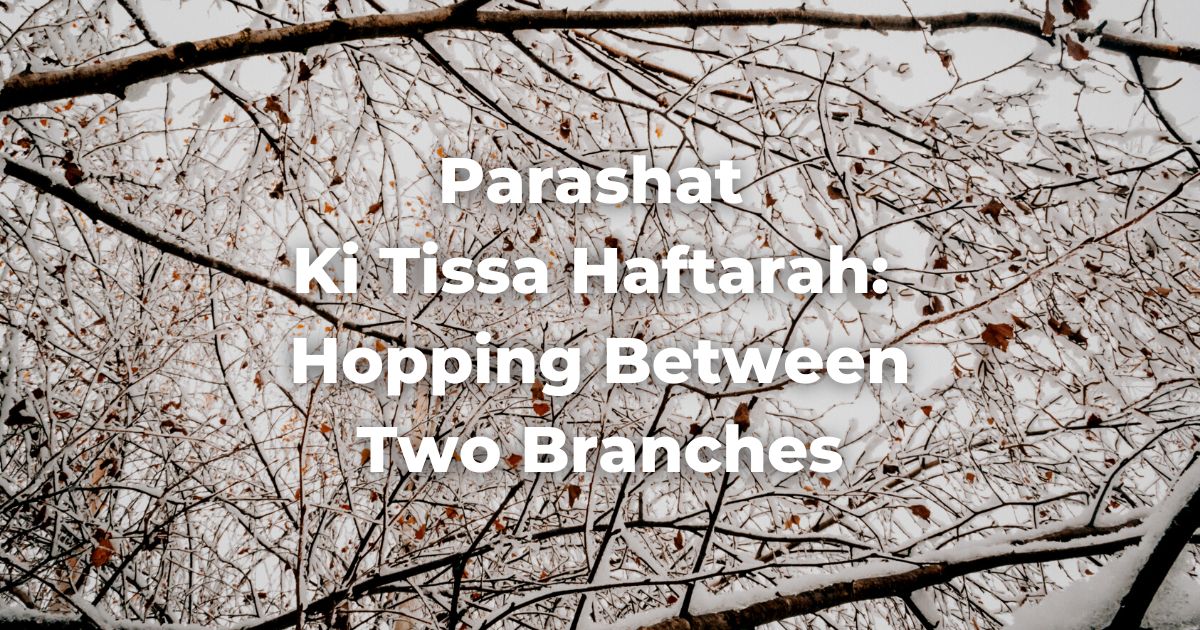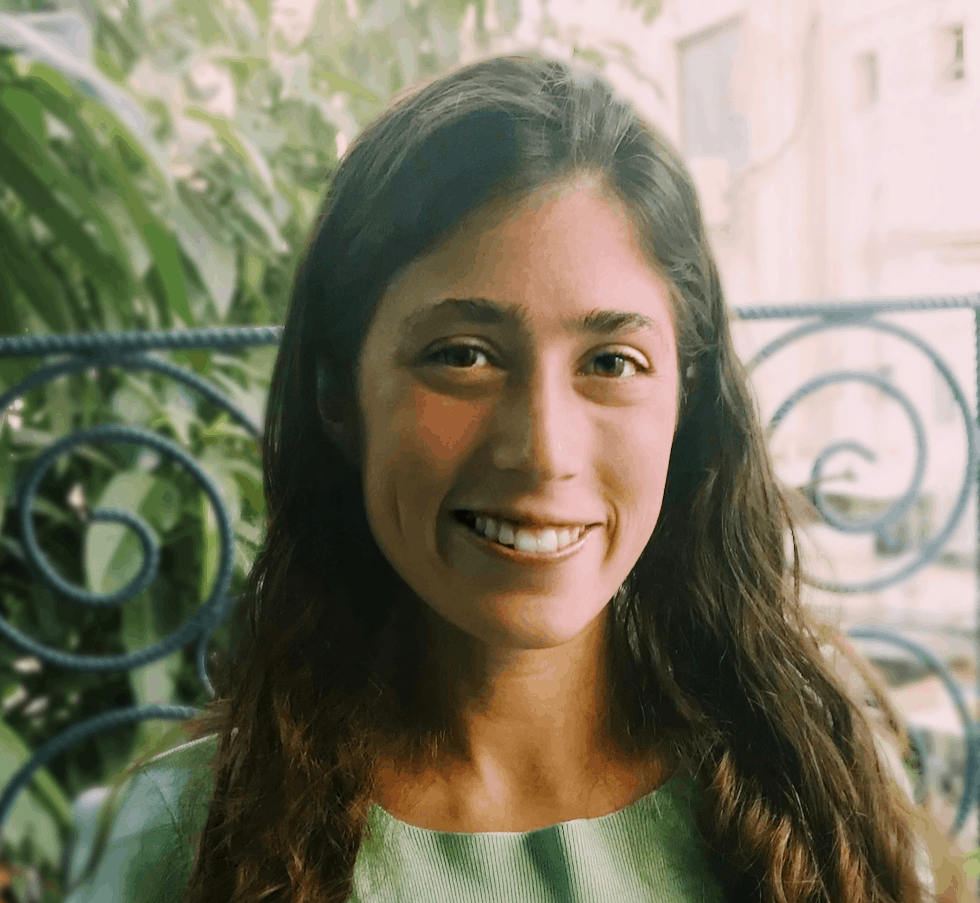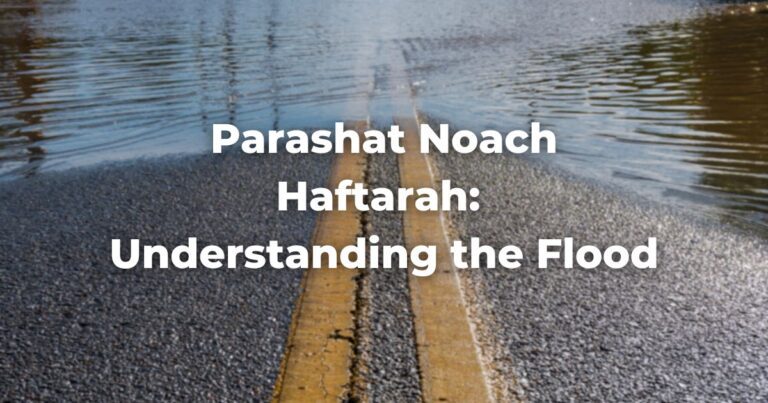Is it possible to change your mind? When was the last time you did? And what caused you to change it? Were you still the same person having changed it? Most important, ought you to have changed your mind at all?
This week’s parashah and haftarah both feature the changing of minds happening on a national level, namely about who or what is God or gods.
In the parashah, with Moses gone, we ask Aaron to make us a new god, the golden calf.
When Moses returns, we are punished, both by plague from God and by massacre by the Levites. And then we return, again, to worship of God and are given the ten commandments a second time. We change our minds first with the decision to stray after other gods and then with our decision to return to our God.
Likewise, in the haftarah, the issue at stake is our belief in our God as the only God.
Monotheism and God
Elijah accuses the people of syncretism, of following both our religious practices and those of the Canaanites. We worship both God and Baal (a Caananite god). Following a flashy showdown between Elijah and the prophets of Baal which Elijah wins handily, we change our minds.
We declare with great certainty that our God is God.
In both instances we stray and, in both instances, we return. Our minds are changed not once, but twice. It seems that the change comes from outside. In the haftarah, Elijah accuses us of hopping between two branches, straddling two worlds.
We change our minds so frequently that we can’t be said to believe anything. We have no stability. Even though we may follow Elijah after he wins the showdown, how can we be trusted not to stray back to our former shaky position? Can we even be said to be changing our minds when we seem to hold no convictions?
We jump from branch to branch, following the latest fad, whether it is Aaron’s golden calf or Elijah’s fire beating the prophets of Baal.
So Elijah prays. He asks for a deeper change, a return.
Changes
As Robert Alter translates, Elijah says, “Answer me, LORD, answer me, that this people may know that You are the LORD God, and that it is You Who turned their heart backward.”
Elijah may be thanking God in advance for allowing the people to return to God. Alternatively, Elijah may be accusing God of causing the people to go astray in the first place. Either way, it is a change brought about by an external power. We are not just hopping about, rather God is acting on our hearts.
This type of change calls to mind the accusation God levels at us in this week’s parashah, calling us a stiff-necked people.
We are proud and stubborn, insistent in our righteousness when we follow the flighty thoughts of a mob, but reluctant to examine ourselves closely and change ourselves.
It’s a challenge to answer these accusations, to stop flitting from popular opinion to popular opinion and instead to examine our actual convictions.
Let’s hope we’re up for it.
See more: Parashat Ki Tisa
Originally posted as part of the Conservative Yeshiva at the Fuchsberg Jerusalem Center’s Torah Sparks. Support TorahRefers to the first five books of the Hebrew Bible, the Tanakh, also called the Five Books of Moses, Pentateuch or the Hebrew equivalent, Humash. This is also called the Written Torah. The term may also refer to teachings that expound on Jewish tradition. Read more learning from the Fuchsberg Jerusalem Center/Conservative Yeshiva for leaders and seekers around the world here.
Authors
-

Bex Stern Rosenblatt is the Conservative Yeshiva’s Faculty-in-Residence for the Mid-Atlantic Region of the United States, teaching Tanach, using the techniques of close-reading, theater, feminist readings, and traditional commentators. Bex also directs the CY’s recruitment efforts in North America. After finishing her B.A. in History and German at Williams College, Bex received a Fulbright Grant to Austria. She later earned an M.A. in TanakhAn acronym for the name of the Hebrew Bible: Torah, Neviim, and Ketuvim. Read more from Bar Ilan University and has also studied at the Conservative Yeshiva and Bina Jerusalem. Bex is the founder of HavrutaA study partner. A hevruta is more than just a ‘study buddy’ it is a serious and personal relationship between colleagues. Also spelled: Havruta Read more Tel Aviv, an organization that facilitates guided pair-learning of the Tanakh.
View all posts -



The Fuchsberg Jerusalem Center (FJC) is a home in the heart of Jerusalem where leaders and seekers can find an authentic place in Jewish tradition to call their own. FJC offers opportunities to study, pray and explore within an egalitarian and inclusive setting, creating multiple pathways for finding personal and communal meaning.
View all posts






